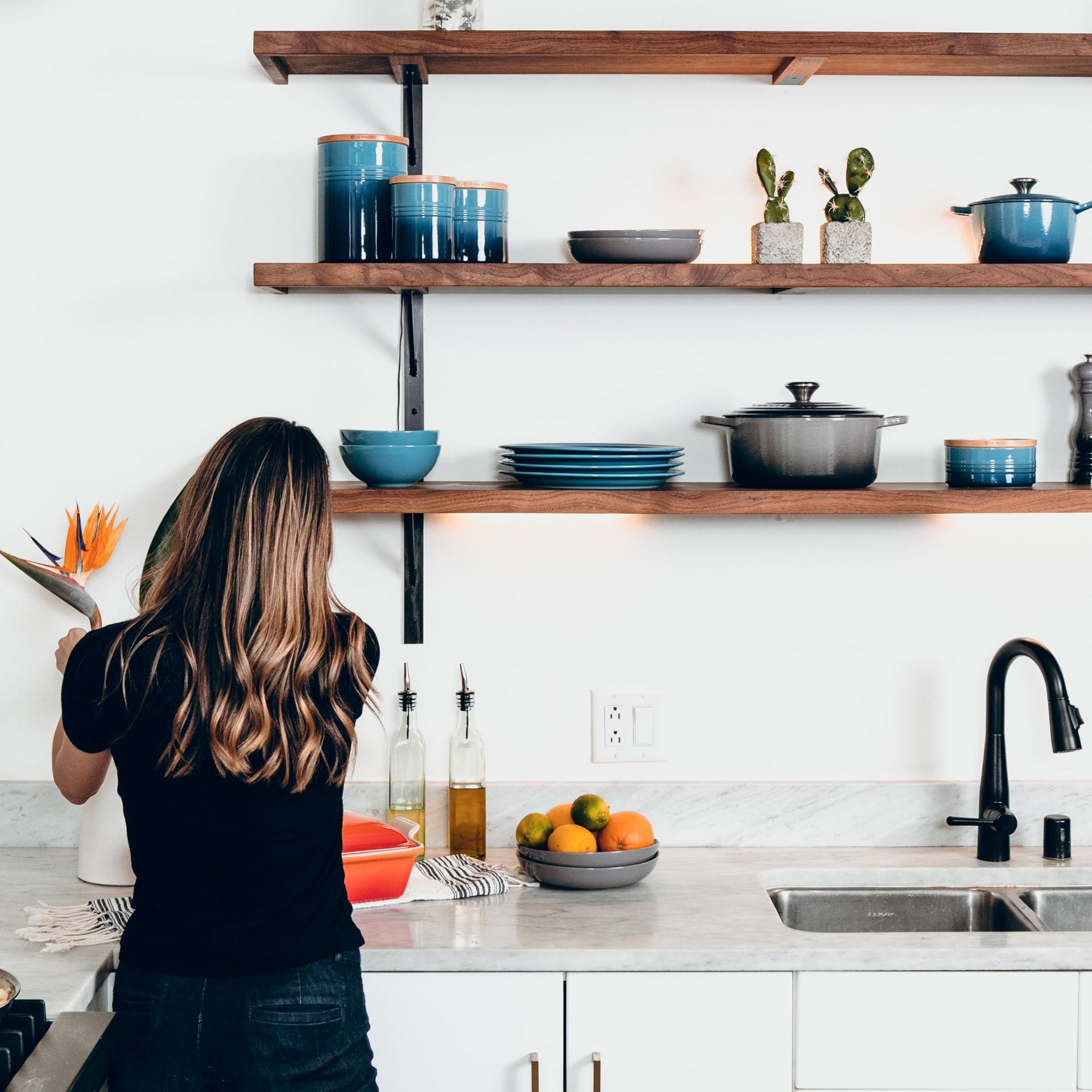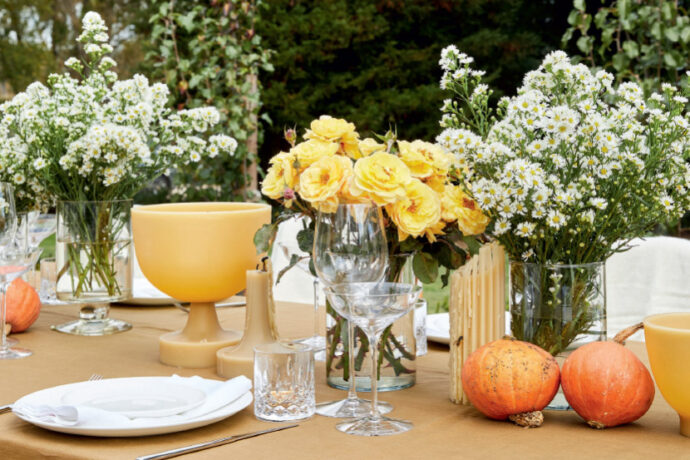
When you down tools and start arranging your records in alphabetical order, there could be more going on than you imagine
Have you ever abandoned something you’re working on to tidy your underwear drawer, or to put your books in height order, or even to head off for a wander around the neighbourhood? I’m willing to stake my life that you have, and while you may have done that as an evasion tactic – anything to keep you away from that boring task – you may also have done it to give your brain a break.
Pottering – which is the broad description of each of those activities – is defined by the Collins English Dictionary as ‘doing pleasant but unimportant things’. This feels only partly correct. On the surface, matching up your socks, going through your lotions and potions, or tinkering with your car, certainly appear to be totally purposeless. On a deeper level, however, these trivial but absorbing tasks give your mind some much-needed time off from whatever issues and stresses it is straining to resolve – and that is incredibly important for wellbeing.
Neil Seligman, mindfulness teacher, life coach and author of 100 Mindfulness Meditations: The Ultimate Collection of Inspiring Daily Practices, eloquently explains the necessity of pottering: ‘It’s one of the most effective ways we have of loosening the grip of goal-orientation and purposeful, endgame activities. Freewheeling through low-energy, unconnected and “thoughtless” activities leads you to a state of calm and relaxation that few other activities can replicate – or at least not quite as easily. If you think about it, meditating to relax takes practise, and so does mindfulness, but pottering activities are effortless and not restricted by time or place. You can potter anywhere, at any time and for as long or as briefly as you want.’
The important point to note is that what could be a beneficial pottering task one day might become a tiresome, stressful chore the next. As with so many other aspects of life, it depends on context and whether you are acting totally through choice. Let’s take tidying as an example. If it’s something you choose to do to give your mind a break from thinking, then it will help you relax. If it’s something you have to do because your family’s coming round, or your flatmate has pinned a roster to the fridge, then it won’t.
‘Once duty comes into play, then the task ceases to be pottering,’ explains counsellor and life and wellness coach Elisabetta Franzoso. ‘Wandering has to release your mind, to set it free, and to do that, the activity you choose needs to be devoid of responsibility and purpose. That’s why window shopping brings my stress levels down, while actual shopping sends them soaring.’
To the casual observer, you may appear to be wasting time when you potter, when in fact, what you are doing is giving yourself time, says psychotherapist Jane Barnfield-Jukes. ‘Pottering is one of the best treats you can give your mind,’ says Jane. ‘Like all other muscles, the brain needs time to stretch and to move in different directions. If you’re constantly overloading it with information, and overworking the brain, you will tire it. Pottering about is the perfect antidote to that. It frees your mind from all those active processes that are so exhausting: problem-solving, absorbing and interpreting information, working, and even just interacting with other human beings. The brain needs time off from all those activities, which is why it is a solitary activity. You really can’t potter with other people – it’s definitely time you need to give to yourself, and yourself alone.’
THE BENEFITS OF A GOOD POTTER
1. It helps you rebalance
‘When we potter,’ says Neil, ‘we enter a calm stage of activity that connects us with the important energy of “flow”, where the pressure of achievement, success or failure, gives way to a pleasurable journey through more simple physical and mental actions. For many of us, this is a welcome counterpoint to the long list of time-dependent activities that often make up our daily routines. Far from being a waste of time, pottering is an important way in which we process, integrate and move our lives forward.’
2. It leads to spontaneous problem-solving and creative thinking
Releasing the mind from the rigours of work and processing information allows it to drift and wander freely. In these moments of purposeless activity the brain is fully relaxed, which is often when creativity sparks into life, bringing new ideas in the most natural and organic way. In this state, it’s possible to find answers to problems that might have been beleaguering you for days because the mind is allowed to connect and correlate without intention and pressure to perform.
3. It boosts your wellbeing
According to Elisabetta, pottering is essential to mental health. ‘It builds, nurtures and maintains wellbeing because it liberates the spirit from the responsibilities of daily life,’ she explains. ‘The brain is like the body – it needs rest, as does the intellect and the heart.’
4. It’s fun
When it comes to pottering about, many people seem to enjoy similar activities. Tidying books, making soup, clearing out cupboards, tinkering in sheds and, of course, tidying up gardens, dead-heading and repotting plants, make for quality downtime.
5. It fuels self-care and love
‘Pottering is my me-time,’ says Jane. ‘The tasks may be mundane, but I am always fully present, fully absorbed. For me, time slows down when I’m pottering. I’m not racing to get things done. Instead, I am meticulously and calmly tidying, or clearing, or wandering, or whatever. And when I’ve finished, no matter what the task, I feel revived and destressed – as if I have given my emotional self a massage. It also allows me to ponder, and simply to be. From that state of gentle thought, I open my mind to new perceptions. Pottering can lead to inspiration.’
6. It can aid your physical health
Keeping busy in your home, garden or garage is good for your heart. Anything that gets you off the lounge and away from the screen brings benefits to your physical wellbeing.
7. It helps you appreciate the value of small things
Enjoying life is not about big adventures, long holidays and excitement, but finding joy in quiet, small activities. Nothing conveys this message more clearly than the sense of peace that ensues from even a few minutes’ pottering.


















